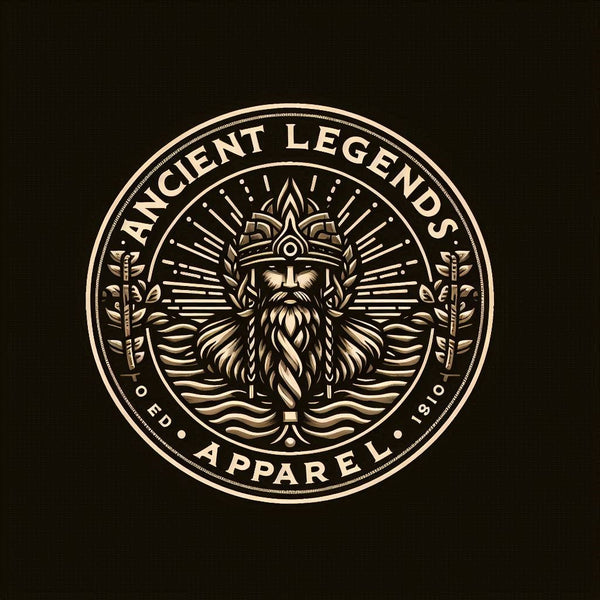Famous Quotes and Sayings from Epic Battles
Karl FShare
INTRODUCTION
Centuries have unfurled since countless battles echoed across the globe, raging their extraordinary narratives under the sun and leaving indelible prints on mankind. Undying tales of valor, sacrifice, power, and ambition have captured imaginations for millennia. Words shouted on the battlefield, speeches leading warriors into carnage, or wisdom shared in aftermath — these fragments of epic battles give form to our collective memory. Feisty gods, heroic warriors, and formidable beasts feature prominently in these tales, jealously guarded and richly recited as verbal artistry of humanity's violent past. This article delves into the power of words, sayings, and quotes, plucking historical indents from the backdrop of epic battles and examining them under the lens of various cultures and their unique interpretations.
ORIGIN AND CULTURAL CONTEXT
Tracing back to the genesis of these quotes and sayings, we unlock Pandora’s box of ancient legends, mythology and symbology. Intricately interwoven in these tales often lies an unyielding determination to defend honor or to attain supremacy at any cost. The famous Hindu scripture, the Bhagavad Gita, unfolds on the battlefield of Kurukshetra where prince Arjuna is instructed by the god Krishna. Amidst this violent setting, Krishna says, “We are kept from our goal not by obstacles, but by a clear path to a lesser goal,” inspiring Arjuna to press on with his duty. These powerful words whisper wisdom veiled as a spiritual strategy for battle.
THE LEGEND OR STORY
Take, for example, the tale of Spartan King Leonidas, leading a tiny force against hundreds of thousands at the Battle of Thermopylae. His famous retort to the Persian King Xerxes, demanding the surrender of weapons — "Molon labe" or "Come and take them" — speaks volumes of Sparta’s unwavering grit in the face of outlandish odds. This defiance is not merely about a single encounter; it's an enduring legend of 300 noble souls standing guard at the gates of Greco-Roman civilization.
INTERPRETATIONS AND SYMBOLISM
These epic words are more than just stirring verbiage. They encapsulate a worldview, burrowed deep within the bedrock of a civilization, and emerge as symbols of their collective will. The famous Viking saying "Skoll till Valhall!" (Cheers, to Valhalla!), was born in the smoke and gore of battles. Here, Valhalla was not just a warriors’ afterlife, but a symbol of an indomitable spirit that rejoiced even in death, praising valor above longevity.
COMPARISONS IN OTHER CULTURES
Parallels of such philosophies straddle diverse cultures. Iroquoian tribes in Native America echoed the sentiment in their traditional saying: "It is a good day to die." Here, death in battle was an enrichment rather than an impoverishment, a symbol of true nobility. Similarly, the famous Japanese war cry of the Kamikaze pilots, "Tenno Heika Banzai!" (Long live the Emperor!), during World War II echoed a willingness to sacrifice oneself for a higher cause, resonating similar sentiments to Spartan defiance and Viking hardiness.
MODERN REFERENCES AND POP CULTURE
These expressions from antiquity often echo within the corridors of modern pop culture, transforming into immortalized quotes or proverbs. "Molon labe" has found its way into popular movies like 300, while “Skoll till Valhall!” often embellishes Viking-themed literature. In recent years, “Not today” — essentially the modern rendition of the Iroquoian saying — sprang from a catchphrase in Game of Thrones, urging us to confront death, yet fight tirelessly for another day.
LEGACY AND LASTING MYSTERIES
This sustained reverberation of age-old proverbs, cries, and expressions hints at the unrelenting mystique these narratives possess. They encompass more than mere words mouthed before battle or upon death; they carry within themselves the heartbeat of an entire people, their beliefs, values, and aspirations. Yet, like all historical narratives, they cloak certain mysteries. How much of what is passed down to us is influenced by sensationalism, tempered by time, blurred by translation? Only fragments remain of most ancient battles, and the true context of their famous words often retreats into the mists of speculation. Yet, they continue to resonate, surviving as testaments of human courage, hubris, and the ceaseless tumult in the theatre of life and death. They are the battle cries of our collective past, echoing through the ages into the vast arena of our present.
